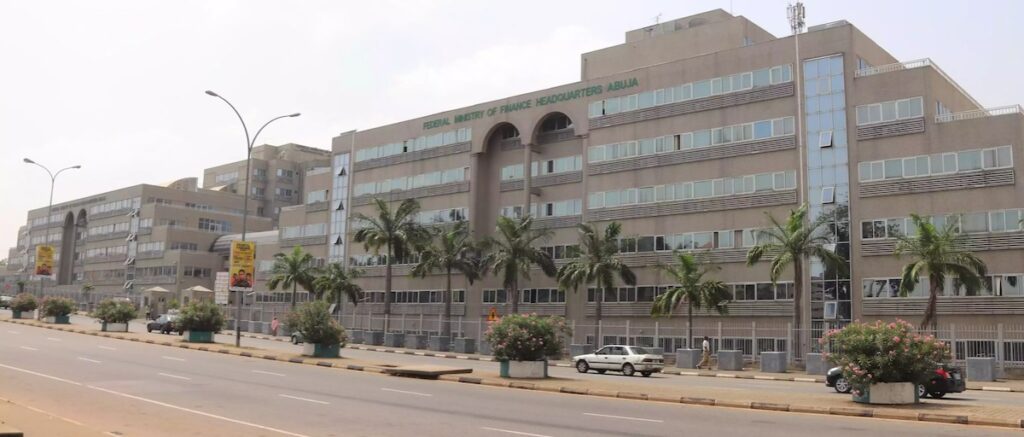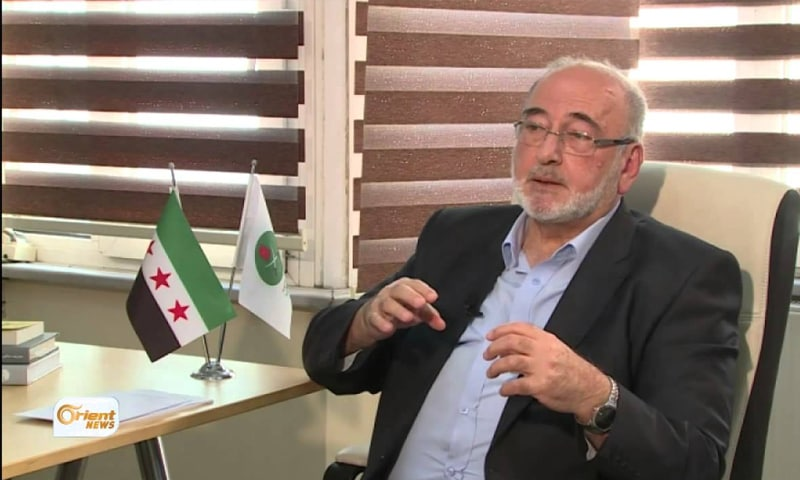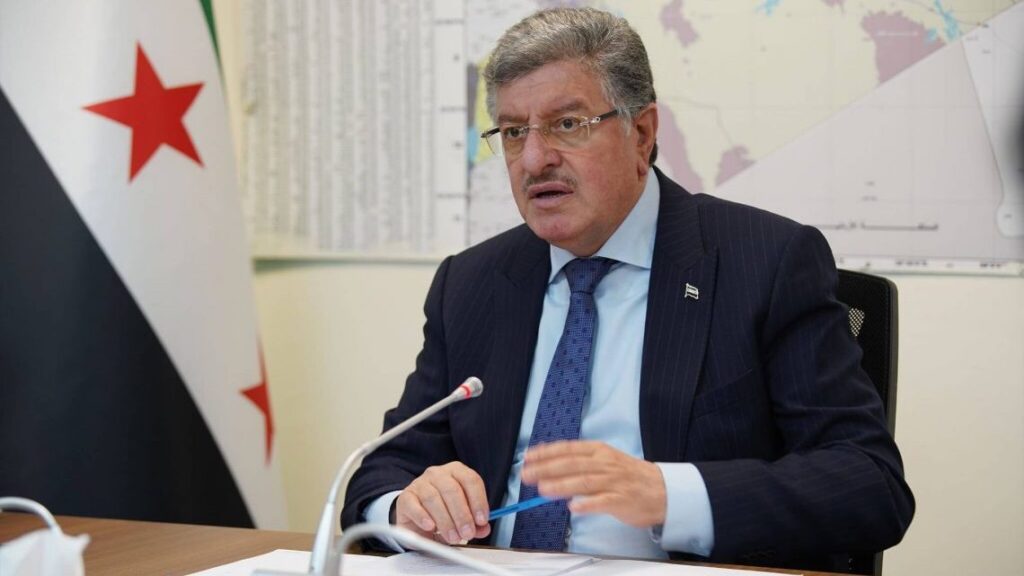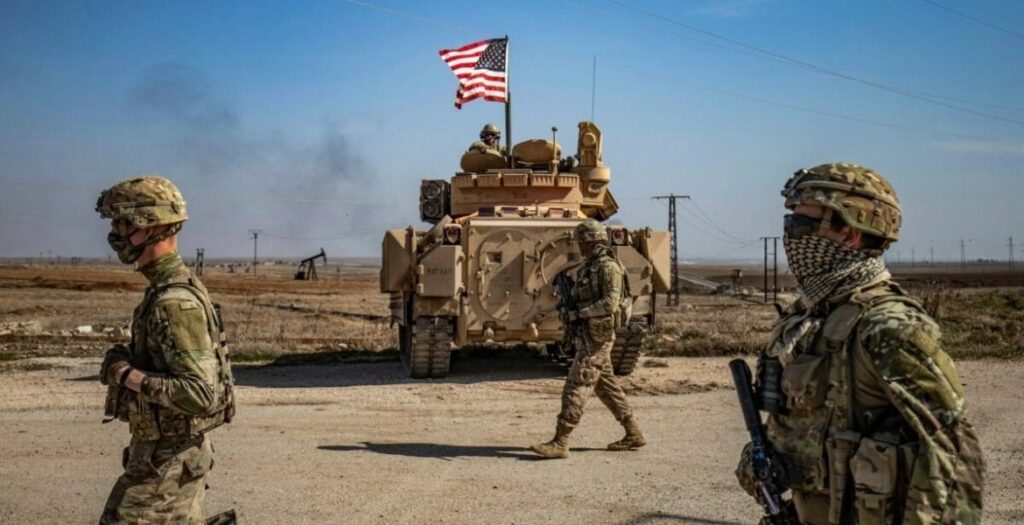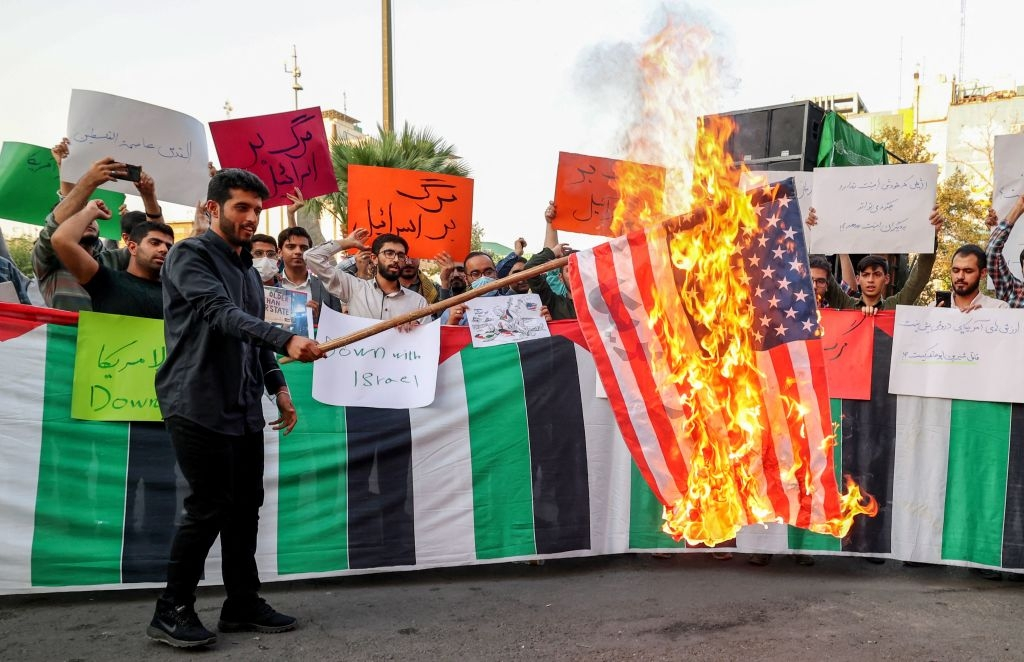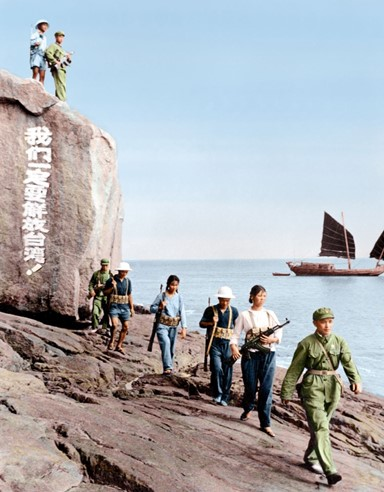Migrants at the mercy of Morocco’s iron fist
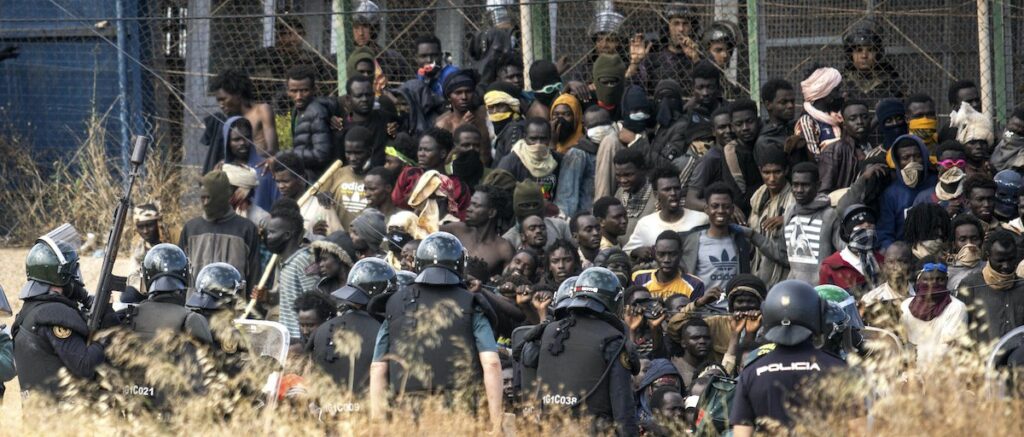
The tragic death of 37 migrants in Melilla underlines the Moroccan regime’s authoritarian security policy.
On 24 June, around 2 000 sub-Saharan African migrants, who had gathered the night before in north-eastern Morocco, set off at dawn to cross the border and reach the Spanish city of Melilla, about 4 km away.

